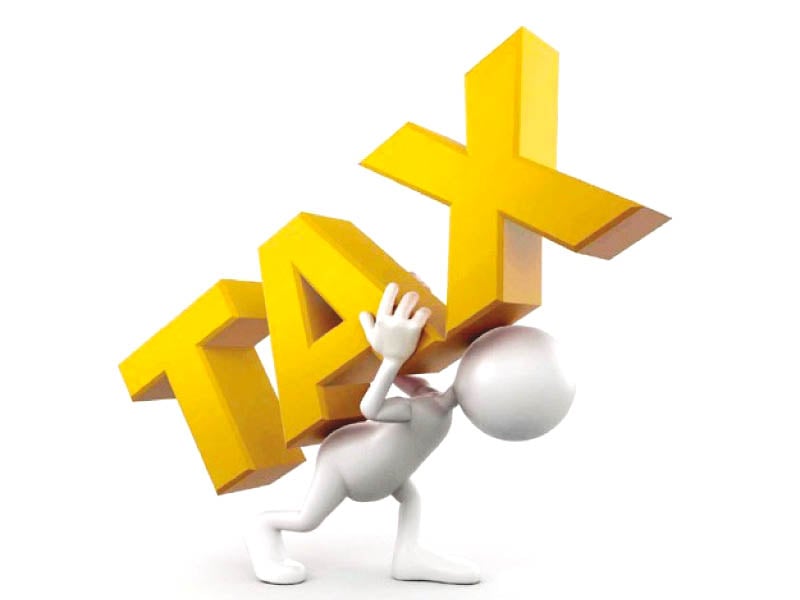
In what can only be called a disservice to millions of Pakistanis, the government is set to increase the capital gains tax (CGT) rate on the sale of securities with a holding period of less than six months from existing 10% to 17.5% in the upcoming fiscal year.
While efforts by the brokerage community are afoot to get the proposed hike of 7.5% ‘frozen’ in the short-term at least, the government needs to take an objective look at CGT’s raison d’être — should the government be taxing gains on capital investment so heavily?
Far from being a ‘giveaway to the rich’, keeping the CGT rate from rising has the potential to benefit millions of Pakistani households. Other than some 196,000 individuals who invest in securities for wealth-building, and many more who prefer to save through mutual funds, a hike in the CGT rate will hurt every insurance company, pension fund and other institutional and foreign investor that parks their assets in listed companies.
In fact, the stock market has already given its verdict. Last six sessions on the Karachi Stock Exchange (K SE) have seen dwindling volumes. The turnover on May 9 was only 119.4 million shares, down 61.4% from one month ago.
A penalty of 17.5% on making gains on investments made within six months of their purchase will naturally discourage trading and lead to low volumes and reduced liquidity in the stock market. Forget about price discovery of a listed share that may yield a return that is many times higher than the standard profit rate offered on bank deposits, most companies will then be reluctant to go public in the first place.
Does a CGT of 17.5% seem justified if somebody is already paying personal income tax at the rate of 20%? Traditionally, capital gains tax has been significantly lower than the tax on regular income. The reason is simple — investments entail risk, which is always proportional to return. Taxing such returns so heavily makes the investment unviable.
According to the Wall Street Journal’s Stephen Moore, capital gains in many cases are merely the ‘maintenance of principal in an inflationary world’. In simple words, the government does not really help people by taxing the ‘illusory gain’ on capital attributable to inflation. Moore’s views are noteworthy especially in Pakistan’s case given the average inflation rate of 8.8% expected for the current fiscal year.
Many people believe, although erroneously, that CGT is a tax mainly on the brokerage industry. Just like the textile, CNG and auto sectors, many people say, the brokerage industry simply shies away from paying their fair share of taxes.
What most critics overlook, however, is the fact that CGT hurts investors by denting their profits, not those of the brokerage houses. As for taxes on the brokerages, they pay regular income tax, presumptive tax on brokers, and the provincial sales tax of 16% on their commissions.
Increasing the CGT rate will lock in billions of rupees that can otherwise lead to capital formation in the economy. Being a tax on the gains made on investment, a high CGT rate only penalises investors for putting their capital at risk and letting entrepreneurs use their money for new ventures and job creation.
Published in The Express Tribune, May 12th, 2014.
Like Business on Facebook, follow @TribuneBiz on Twitter to stay informed and join in the conversation.
COMMENTS (2)
Comments are moderated and generally will be posted if they are on-topic and not abusive.
For more information, please see our Comments FAQ

1732170891-0/BeFunky-collage-(79)1732170891-0-165x106.webp)

1729234806-0/Robert-Pattinson-(2)1729234806-0-165x106.webp)













Everyone is trying to save their money-- but still wants electricity, better roads and better services. Please pay your taxes and contribute to the national exchequer.
The tax was set to rise gradually over the past few years but then the brokers struck a deal delaying the increase till now making it look abnormally large. The joys of not having good parliamentary oversight of the tax regime.